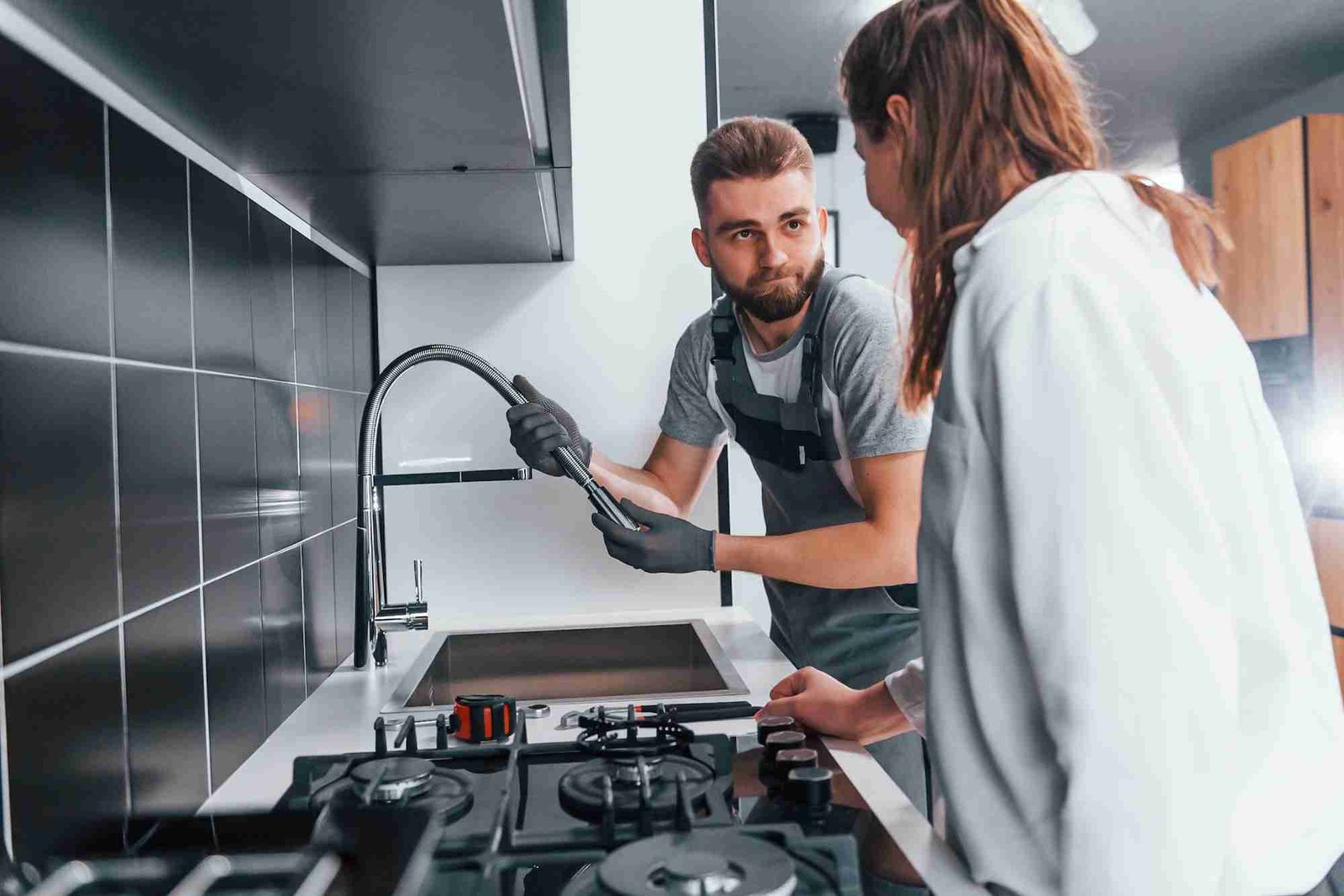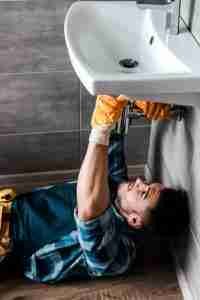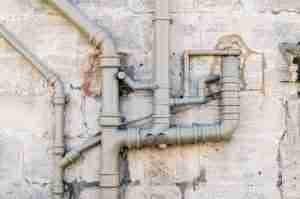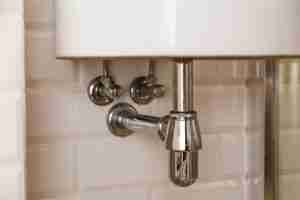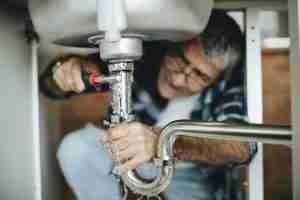Investing in a new hot water system is an important decision that directly impacts comfort, convenience, and energy efficiency in your home. When it comes to hot water installation in the Bayside area, understanding the types of systems, determining whether to repair or replace an existing unit, choosing the right installation location, and knowing why professional installation and ongoing maintenance are important things to consider and can help you make informed decisions. Here’s everything you need to know to get started with hot water systems in Bayside in compliance with Australian standards.
- Types of hot water systems:
When it comes to hot water systems, there are several options available, each with unique features and benefits. Knowing the types of systems can help you select the best option for your needs.
Electric hot water systems
Electric hot water systems are popular due to their reliability and accessibility. These units heat water quickly and are typically less expensive upfront. However, they may be less energy-efficient than other options, especially if they’re not on an off-peak tariff.
Gas hot water systems
Gas systems heat water quickly, making them an energy-efficient choice, especially for larger households. They are available in both storage and instantaneous (tankless) models. Gas hot water systems produce lower greenhouse gas emissions compared to electric systems, making them a popular choice for environmentally conscious homeowners.
Solar hot water systems
Solar systems harness energy from the sun, making them the most eco-friendly option. Although they come with a higher upfront cost, they offer significant savings on electricity bills over time. For optimal performance, solar hot water systems require adequate roof space and sufficient sunlight exposure, which makes this option ideal for sunny areas.
Heat pump hot water systems
Heat pumps work by extracting heat from the air, making them highly energy efficient. These systems require less electricity than conventional electric hot water systems and are ideal for homes in warmer climates. However, they may require specific placement and spacing to operate effectively.
Each of these hot water system options has their own advantages, and the right choice depends on factors such as household size, energy preferences, and budget.
- Should you repair or replace your hot water system?
One of the most common questions a homeowner faces is whether to repair or replace an existing hot water system. Here’s how to make the right decision.
When to repair your hot water system:
If your current system is relatively new, minor issues like leaking valves or a tripped thermostat can often be repaired at a low cost. A professional plumber specialising in hot water can assess the system and suggest repairs if they are cost-effective and likely to extend the system’s lifespan.
When to replace your hot water system:
In cases where the hot water system is old, inefficient, or requires frequent repairs, replacement may be the more economical choice. For instance, if your system is over 10 years old, experiences regular issues, or leads to high energy bills, it may be time to consider upgrading. Newer hot water system models often feature improved energy efficiency, which can offset the initial investment over time.
- Where to install your hot water system:
The location of your hot water system plays a crucial role in its efficiency and longevity. Placement depends on the type of system, local regulations, and safety considerations according to Australian standards.
Indoor vs. outdoor
Electric storage and heat pump systems are often installed indoors or in a well-ventilated space, while gas hot water systems are usually installed outdoors to avoid gas build-up. Solar hot water systems are typically roof-mounted to maximise sun exposure.
Accessibility
The installation site should allow easy access for maintenance and repairs. Poorly accessible installations can increase the difficulty and cost of future servicing. With hot water installation, professional installers will also account for space requirements and clearance distances outlined in Australian standards.
Safety and compliance
Systems should be positioned to avoid potential hazards, such as flammable materials near gas units. Licensed plumbers are trained to adhere to special standards, ensuring your hot water system is safely and legally installed.
- Why a professional should install your hot water system:
When it comes to hot water installation, hiring a professional is an important factor ensure safety, compliance, and optimal system performance. Here’s why you should leave installation to a qualified plumber.
Compliance with Australian standards
Australian standards for hot water installations are designed to ensure the safety and efficiency of your system. Licensed professionals are familiar with these standards, so they can ensure that your installation is compliant with all local and national requirements, reducing the risk of costly penalties or safety issues down the line.
Expertise and efficiency
Professional installers have the expertise to handle various types of hot water systems in Bayside, from electric to solar models. They understand how to select the right location, perform secure fittings, and make necessary adjustments based on your specific system and home layout. Attempting a DIY installation could lead to improper setup, voided warranties, or safety risks.
Warranty Protection
Most hot water systems come with warranties that require professional installation. By hiring a licensed installer, you ensure that your system is covered under its warranty, protecting you from additional costs if issues arise in the future.
- Ongoing maintenance for hot water systems:
Proper maintenance can extend the life of your hot water system, enhance its efficiency, and help prevent unexpected breakdowns. Here’s what you can expect from routine maintenance and how it can benefit your hot water system.
Regular inspection
Annual inspections are important in identifying potential problems before they escalate. During an inspection, a plumber will examine components like valves, anodes, and thermostats to ensure they’re functioning correctly. Inspections can reveal leaks, sediment build-up, or wear on parts that may compromise the system’s efficiency.
Flushing the tank
For storage water heaters, it’s essential to flush the tank regularly to remove sediment build-up. This process can prevent corrosion and extend the tank’s lifespan. A professional plumber can handle tank flushing safely and efficiently.
Anode replacement
The anode rod inside a hot water tank prevents rust and corrosion by attracting minerals that would otherwise damage the tank. Over time, the rod wears down and requires replacement. Scheduling anode checks and replacements every few years can help prolong the tank’s lifespan and maintain water quality.
Thermostat and pressure valve check
The thermostat controls water temperature, while the pressure relief valve prevents pressure from building up within the tank. Both components should be checked and serviced periodically to ensure they’re working effectively and safely.
Solar Panel Maintenance
For solar hot water systems, maintaining the solar panels is an important factor to remember. Dirt, dust, or shading can decrease the system’s efficiency. Regularly cleaning the panels and ensuring they’re free from obstruction can help maximise performance. Additionally, solar hot water systems may require a service check for the booster element (if installed) to ensure continued hot water during cloudy days.
Final thoughts on hot water systems in Bayside
Choosing, installing, and maintaining a hot water system may seem complex, but with the help of a qualified plumber, you can enjoy a smooth, hassle-free process that meets Australian standards. Professional plumbers ensure that your system is installed in a safe, efficient manner, tailored to your household’s needs. Whether you’re selecting a new system, deciding to repair or replace an old unit, or arranging ongoing maintenance, understanding these basics can save you time, money, and inconvenience.
Investing in a reliable and energy-efficient hot water system in Bayside doesn’t just improve your comfort; it’s also a wise financial choice that enhances your home’s value. Don’t hesitate to reach out to a local professional plumber for expert advice on selecting and maintaining the best hot water solution for your needs. If you are based in Bayside Melbourne or surrounds, contact us for a free quote today.

